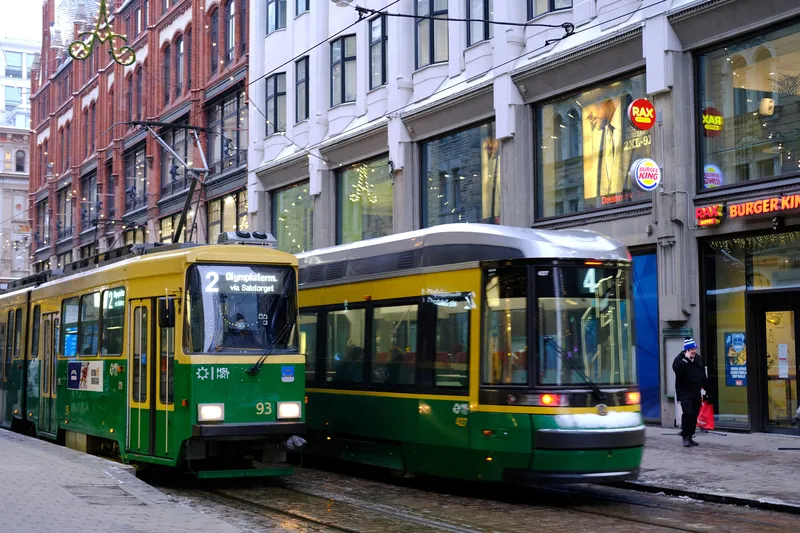Its Onesait Digital Platform for Cities was chosen in a competition, Select for Cities, which is part of the European Union’s Horizon 2020 innovation project.
The open-data platform utilises the Internet of Things to integrate and manage data from multiple sources and devices using predictive models, helping city authorities make informed decisions about transit and generating useful information for travellers.
Minsait’s proposal is now in the final test stage, having passed two previous design and prototype phases. Between now and September next year it will be in operation in both cities, where the company says it will be used to improve service quality in real environments. Local developers will take part in the deployment.
Select for Cities is run by the Buyers Group consortium which comprises lead procurer Digipolis (Antwerp), project manager Forum Virium (Helsinki) and the city of Copenhagen, where the most recent
Helsinki and Antwerp have a track record in encouraging mobility solutions:
Minsait launches smart city platform in Helsinki and Antwerp
Spain-based technology firm Minsait is to launch its smart city solution in two European cities: Helsinki and Antwerp.
Its Onesait Digital Platform for Cities was chosen in a competition, Select for Cities, which is part of the European Union’s Horizon 2020 innovation project.
The open-data platform utilises the Internet of Things to integrate and manage data from multiple sources and devices using predictive models, helping city authorities make informed decisions about transit and generating useful info
November 22, 2018
Read time: 2 mins
Spain-based technology firm Minsait is to launch its smart city solution in two European cities: Helsinki and Antwerp.










